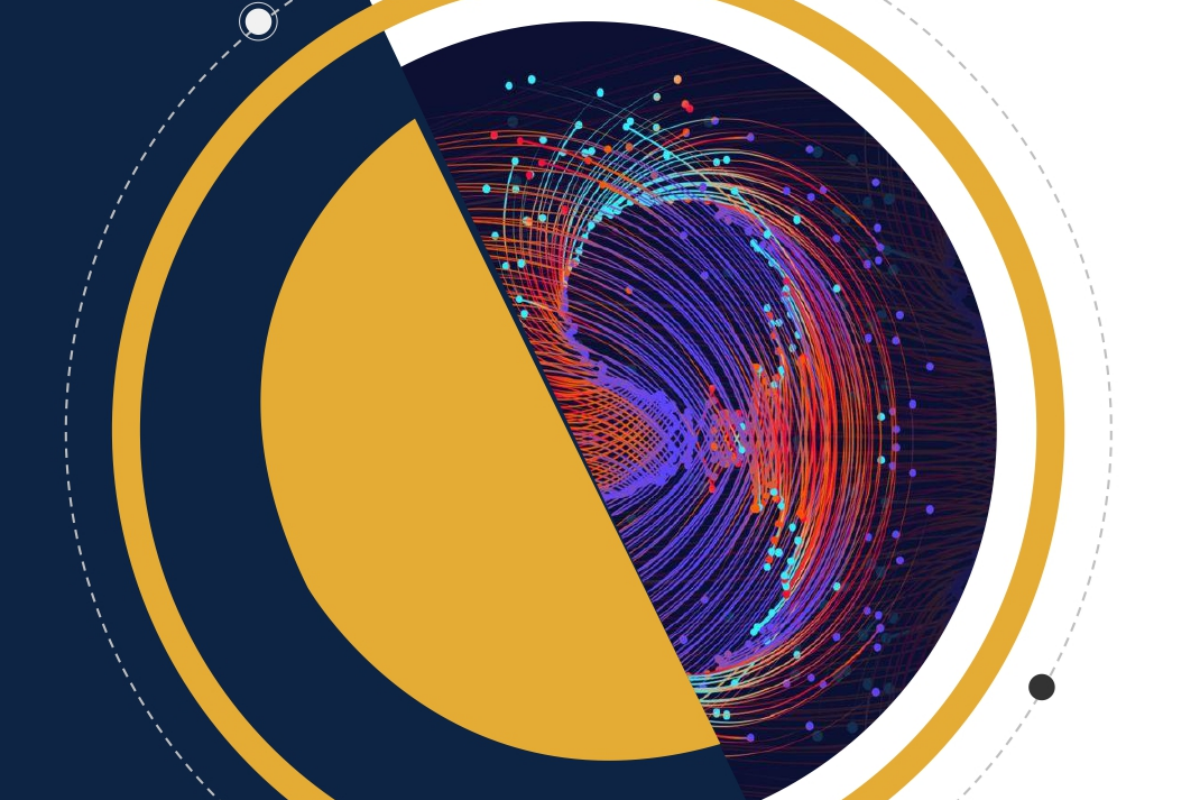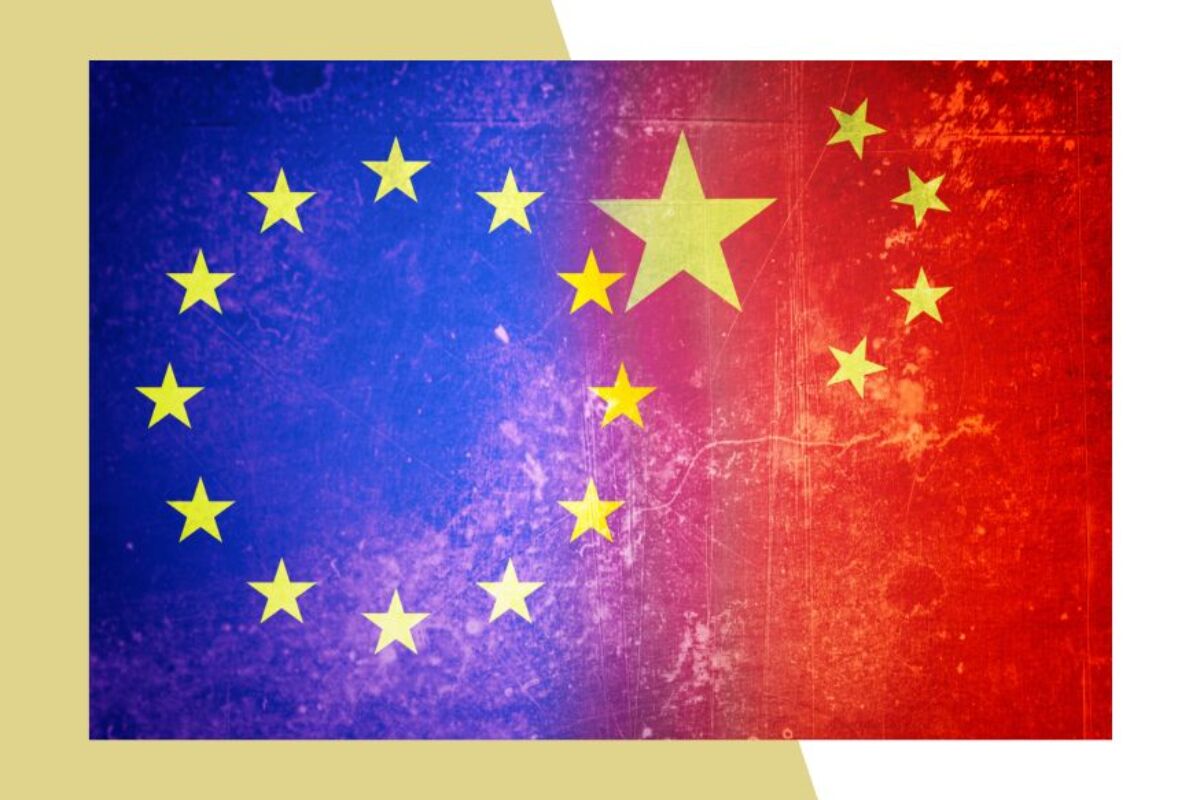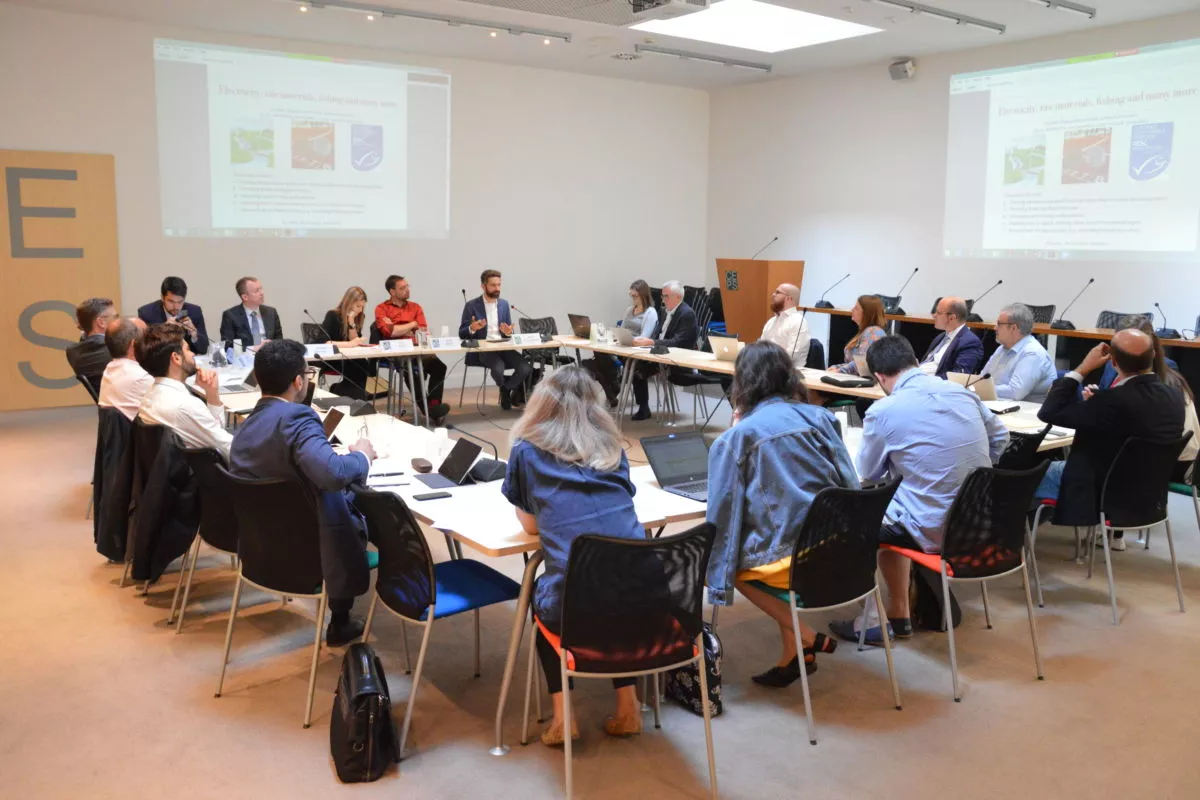Advances in quantum technologies may drastically change the world as we know it. They are expected to positively impact many sectors of the global economy, including pharmaceuticals, climate and weather modelling, and financial portfolio management. Specific applications could be used for molecular simulation to enhance electric vehicle batteries, they could optimise traffic flows in our cities or improve generative models that create datasets to enhance machine learning. These benefits come from the computational advantages of problem solving in totally novel and different ways compared to using traditional computers. As this new world emerges, we need to seize the opportunity to decide how quantum technologies can help us promote better societies and a more sustainable future.
Quantum technologies – as all digital technologies – are neither good nor bad. They are ‘enabling technologies’, which can be used for both virtuous and malicious purposes. The biggest threat established by quantum computing technologies is that, in the near future, they could break through the cryptographic methods that underpin our current methods of cybersecurity, allowing for the unauthorised decryption of private messages and financial transactions. Alongside the privacy and security implications, others are concerned about the threat that quantum sensing may pose to military capabilities, such as submarine detection and sea-based nuclear deterrents. Furthermore, there are also ethical concerns related to the possibility that in the wrong hands, the great potential power of quantum computing could also be used to create harmful materials or to maliciously manipulate the human genome.
As well as potentially posing a threat, the development of quantum technologies could also greatly benefit cybersecurity. Quantum cryptography uses quantum technology to achieve better cybersecurity than was possible before. The possible threats of quantum computing have also spurred innovation on how we can guard against future quantum threats with today’s technology, and the necessary transition to this quantum-resistant cryptography is an opportunity to improve cybersecurity processes for the long-term.
Following the successful completion of the Artificial Intelligence and Cybersecurity Task Force in 2021, CEPS is launching a Task Force on Quantum Technologies and Cybersecurity to bring attention to the market, technical, ethical and governance challenges posed by the intersection of quantum technologies and cybersecurity, focusing on EU policy, but also looking at developments in other parts of the world. It will be composed of academics, industry players from various sectors, policymakers, and civil society, and it will address questions such as:
• How can Europe be at the forefront of the quantum revolution?
• What are the implications of quantum technologies for cybersecurity but also how can quantum technologies be wielded to ensure tamper-proof communications?
• How can we promote the development, standardisation and deployment of quantum-resistant cryptography?
• How do we implement and govern the migration to quantum-resistant cryptography?
• As the transition to quantum-resistant cryptography is complex and challenging, how could public and private organizations start assessing quantum vulnerabilities and develop a plan for transitioning to quantum-resistant cryptography?
• How can we promote enhanced quantum awareness among leaders from both the public and private sector?
• How do we implement policies to enhance the recruitment, development and retainment of the cyber talents needed to respond to the quantum revolution?
Finally, the task force will suggest possible policy measures to facilitate the adoption of quantum technologies for cybersecurity in Europe.
Members of the Scientific Board:
- Sabrina Maniscalco, Professor of Quantum Information, Computing and Logic at the University of Helsinki
- Michael Osborne, CTO for IBM Quantum Safe at the IBM Research Division
- Tim Watson, Programme Director for Defense and Security at the Alan Turing Institute and the Director of the WMG Cyber Security Centre at the University of Warwick
- Bart Preneel, full professor (gewoon hoogleraar) at KU Leuven o cryptography, information security and privacy
Task Force Leader: Lorenzo Pupillo, Associate Senior Research Fellow and Head of Cybersecurity@CEPS Initiative
Rapporteurs:
- Afonso Ferreira, Research Director, CNRS, Toulouse institute for Computer Sciences (IRIT)
- Carolina Polito, Associate Research Assistant, CEPS
Research Assistant:
- Valtteri Lipiainen, Rapporteur
Meetings:
1st meeting – 9 March 2023
- Introduction, context and overview of quantum technologies and cybersecurity
- European Commission Initiatives on Quantum Technologies and cybersecurity and Task Force workplan
2nd meeting – 3 May 2023
- Cybersecurity and quantum technologies – Protecting digital systems against capabilities of quantum technologies
- Leveraging quantum technologies to increase the security of digital systems – opportunities and challenges
- Post-quantum cryptography standardization and transition: Perspectives from the UK, the USA and the EU
3rd meeting – 14 June 2023
- Quantum Technologies and Ethics
Download the final Task Force report




















